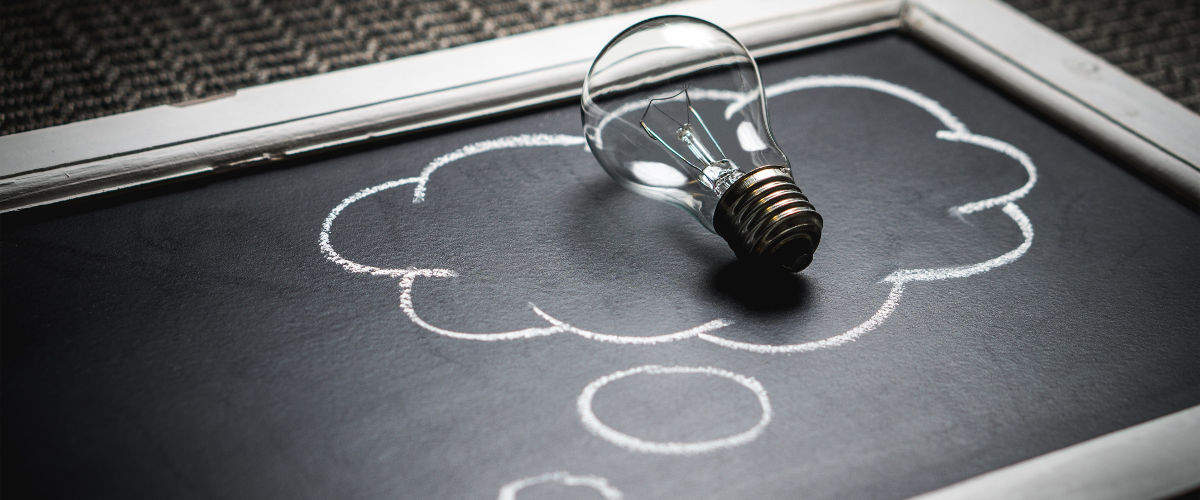
Transcranial direct current stimulation has been in the news recently as a possible treatment for aphasia. Research into using tDCS has been ongoing for a few years - I had my course training in 2014. It was largely researchers in Italy, Spain and other countries who began to look at possible benefits for aphasia. Results have largely been positive, but there hasn’t been enough information collected yet to contrast the different pieces that go into using it as a specific treatment tool. Recent research from Fridriksson did show that the group who received tDCS made better gains in a naming task, but there’s still a lot of research to be done.
Tdcs is not FDA approved for treatment of aphasia, although it has been approved for some pain profiles and depression. Until there are more studies proving that it’s effective, it won’t get FDA approval. People often confuse tDCS with TMS, which is also experimental at this time.
TMS uses a magnetic field to induce changes in brain activity to certain areas. Since it uses magnetic pulses, it’s not suitable for some clients. tDCS uses electrodes to ‘excite’ brain cells (neurons) under the electrodes, but also the neurons connected to those excited cells. tDCS involves an electrical current applied at a very low voltage. The idea is that exciting neurons helps you learn a specific skill during stimulation by helping your neurons ‘wire together’ for learning.
I began using tDCS in conjunction with our intensive aphasia therapy in 2014 with mixed results. There are a lot of variables to account for to try to figure out the best placement of the electrodes, the best size of electrodes to use, the best voltage, the best time, and the best activities to do while the machine is on. It turns out to be more of an art form than a science, per se. Results depend on several factors, but the most difficult variable is to decide what to measure. Should I measure naming? Writing? Speech?
When you talk about results, the changes that happen between your first treatment and last treatment depend on what you’re assessing. tDCS may be effective for treating the skill you’re training, but it may also have benefits that we aren’t measuring at the time. Given that, here’s what I’ve learned about tDCS:
- I've seen changes in verbal naming, written naming, writing single words and sentences, and oral reading. These skills have indirectly improved comprehension.
- It's much more difficult to do effective tDCS on a client who has had a skull repair/replacement surgery.
- The larger electrode surfaces cover a larger perilesional area and seem to create better outcomes.
- Dosage is confounded with intensive therapy, so it's hard to tell what effects belong to what treatment sometimes.
- tDCS is like studying very hard for a test for hours, it can make some people tired.
- Like all aphasia therapies, tDCS is subject to a placebo effect. The difference in getting it not getting it is learning - research shows that skills practiced during tDCS are still present six months after treatment. Those that got sham (fake) tDCS didn't retain those skills.
While tDCS is an exciting new option for treatment, it may or may not help each type of aphasia or each severity of aphasia. There is still a lot of room for research into what works best and how often to do tDCS. I can say that since there are minimal to no side effects, it doesn’t hurt to use it. It may help some people and not others. The electrode placement and skill practiced are important, however, so use a qualified treatment provider if you want to try it. tDCS is included in our program fee, so I can’t advise people who aren’t my clients at this time if you aren’t “under my care”.
If you’re interested in receiving tDCS as part of your intensive therapy training with us, fill out an application and we’ll determine if you meet the criteria to try it during your intensive session.
